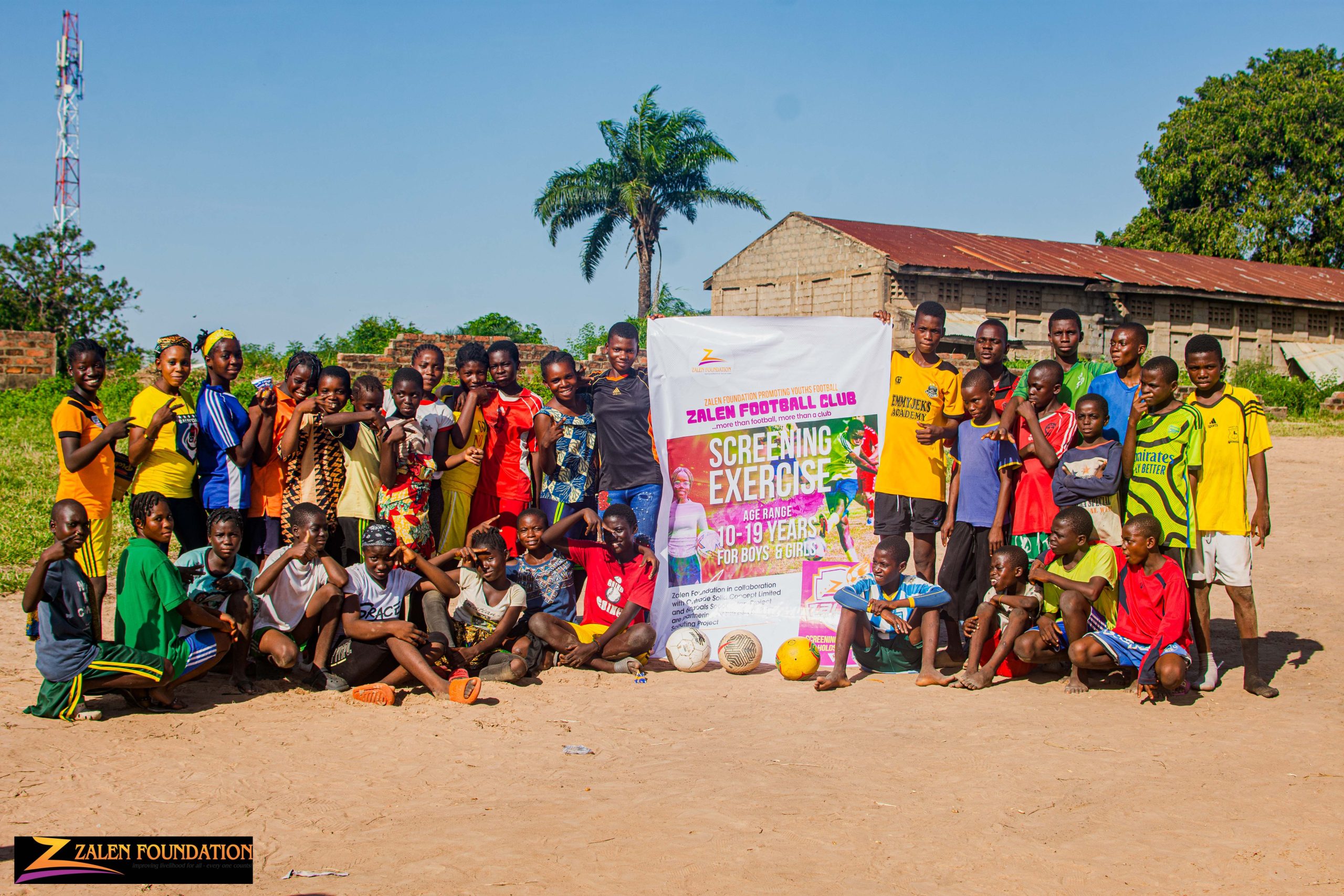Together, we will build a brighter future for all.



Zalen Foundation is dedicated to improving the lives of some of the most vulnerable populations, including women, youth, children, and persons with disabilities, who are disproportionately affected by a range of socio-economic challenges in Nigeria. Our strategic plan for the next five years focuses on addressing the core issues these groups face, identifying the key drivers behind their problems, and implementing targeted interventions to create meaningful and sustainable change.
The organization’s work is centered on marginalized and underserved populations, including women, girls, youth, and individuals living with disabilities. Many of these individuals are in under-resourced and rural communities, where access to basic services such as education, social services, and economic opportunities is severely limited. These populations often face structural and systemic barriers that impede their growth, development, and participation in society.
The core problem facing our target population is their exclusion from social, economic, and educational systems, which limits their ability to thrive and contribute meaningfully to society. In particular, women and girls are often sidelined due to gender-based discrimination, while youth face a lack of employment opportunities and inadequate access to skills development programmes. Persons with disabilities are often marginalized, with limited access to tailored healthcare services, inclusive education, and economic empowerment opportunities. This exclusion not only limits their potential but perpetuates cycles of poverty, dependency, and social inequity.
The exclusion of these vulnerable groups has far-reaching consequences on their individual well-being as well as the socio-economic fabric of the nation. For women and girls, exclusion often results in limited decision-making power, economic insecurity, and exposure to gender-based violence. For young people, the lack of skills and opportunities translates into high unemployment rates, underemployment, and disillusionment, often leading to anti-social behaviour, illegal migration, or even radicalization. According to Global Terrorism Index (GTI), Nigeria is ranked 8th among the top 10 countries out of 163 countries surveyed. This represents a troubling reality for young people as insecurity and criminality continues to be on the rise.

© Zalen Foundation